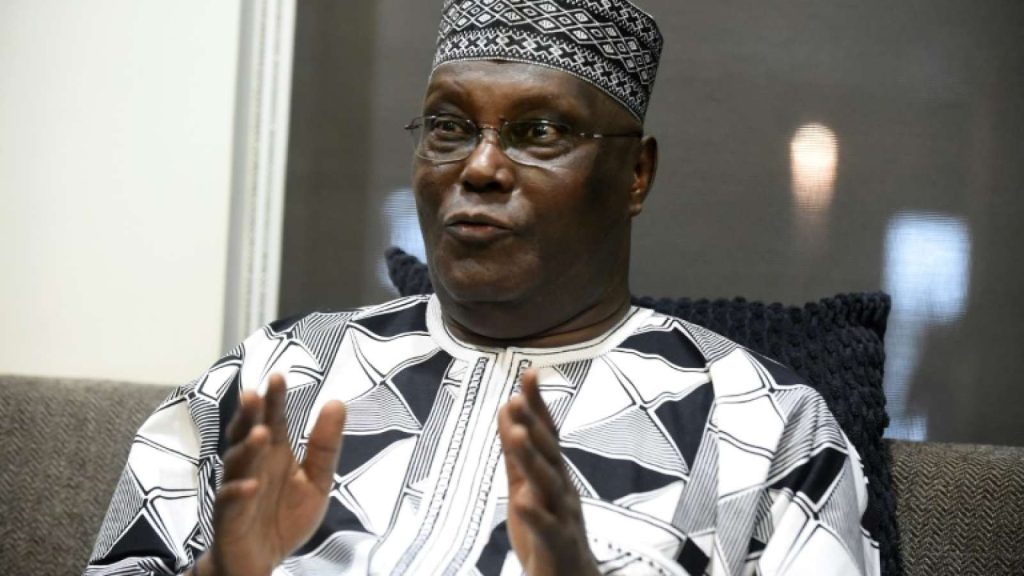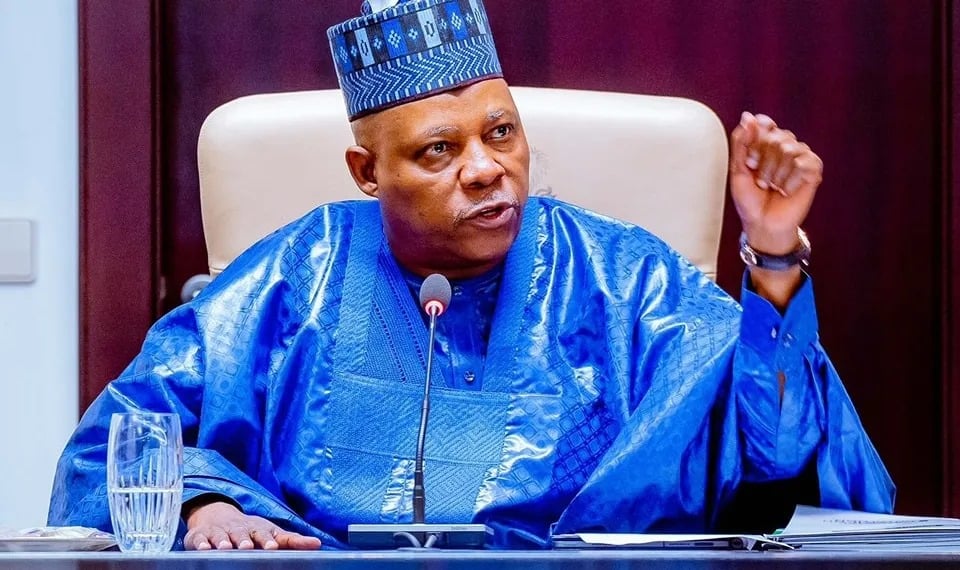Lusaka, Zambia – The fight against malaria in Africa has hit a roadblock, with cases declining by only 5% and mortality rates by 16% since 2015, far short of the 75% reduction target set for 2025. The Global Technical Strategy for malaria, adopted in 2015, aims to reduce global malaria incidence and mortality rates by at least 90% by 2030. However, weak health systems, conflicts, natural disasters, inadequate financing, and climate change are hindering progress.
The World Health Organization (WHO) Regional Committee for Africa, meeting in Lusaka from August 25 to 27, 2025, has called for urgent action to accelerate malaria prevention and control. African health ministers agreed on a range of measures, including strengthening local health institutions, training health workers, and improving supply chains for malaria commodities. They also emphasized the need for increased domestic funding, coordination, and accountability.
Despite the challenges, there have been gains in malaria control and elimination over the past two decades, with 2.2 billion cases and 12.7 million deaths averted. The use of insecticide-treated nets has increased, and more children are accessing seasonal malaria chemoprevention and malaria vaccines. Two countries, Algeria and Cabo Verde, have been certified malaria-free since 2015, and others, such as Rwanda and Sao Tome and Principe, are on track to meet their targets.
Dr. Mohamed Janabi, WHO Regional Director for Africa, stressed that “progress has been made, but it is not nearly enough. Cases and deaths are not falling fast enough. We must do more, and we must do it faster.” He emphasized that ending malaria is crucial for unlocking human potential, driving economic growth, and securing Africa’s stability and future.
The WHO has warned that without intensified efforts, the region risks missing the 2030 targets. The current funding gap, with only $4 billion invested globally in 2023 against a needed $8.3 billion, poses a significant challenge. However, the health ministers’ call for action and the progress made so far offer hope that with sustained commitment, it is possible to end malaria in Africa. The next steps will require increased domestic funding, improved coordination, and a renewed focus on tailored, data-driven strategies to deliver lifesaving results.



